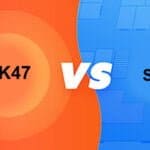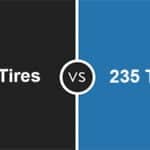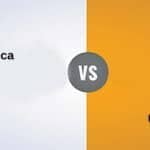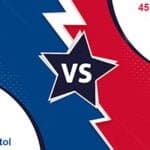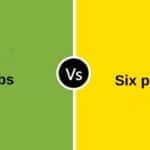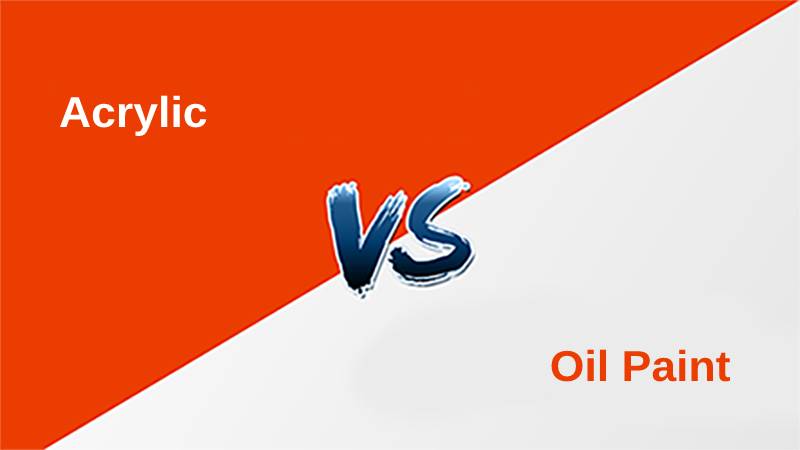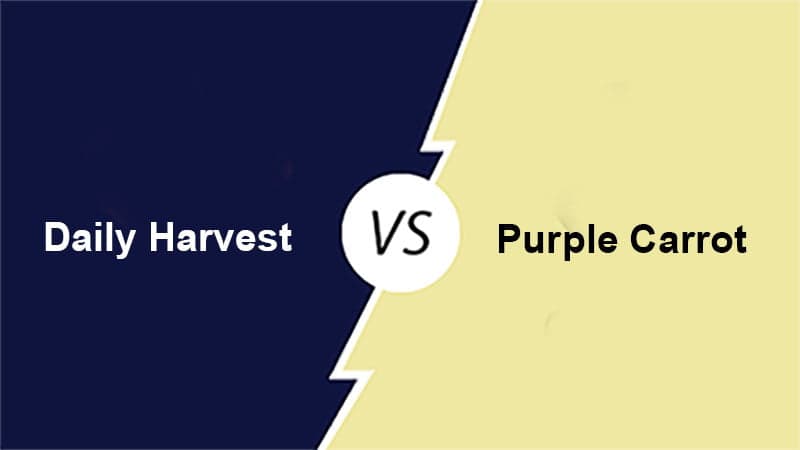When it comes to firearm ammunition, choosing the right caliber is crucial for accuracy, recoil management, and self-defence. Two common calibres compared are the 9mm and .380 ACP (Automatic Colt Pistol), also known as 9x17mm. While both are popular concealed carry and personal defense choices, they have distinct characteristics that can influence a shooter’s preferences and needs. This comprehensive guide will explore the differences between 9mm and .380 ammunition, considering factors such as ballistics, recoil, firearm compatibility, and popular uses.
Ballistics
9mm
- Bullet Diameter: The 9mm ammunition, also called 9x19mm, features a bullet diameter of 9.01mm (0.355 inches).
- Velocity: 9mm rounds achieve higher velocities than .380 ACP rounds, resulting in flatter trajectories and better long-range performance.
- Energy: The 9mm delivers more energy upon impact due to its larger powder capacity and higher velocity, making it a more effective option for self-defense.
- Stopping Power: With larger bullets and more energy, the 9mm is considered to have better-stopping power than .380 ACP.
.380 ACP (9x17mm)
- Bullet Diameter: The .380 ACP ammunition features a smaller bullet diameter of 9.00mm (0.355 inches).
- Velocity: .380 ACP rounds have lower velocities compared to 9mm, which can result in greater bullet drop and reduced effectiveness at longer ranges.
- Energy: The .380 ACP generates less energy than 9mm, making it less powerful but potentially easier to manage regarding recoil.
- Stopping Power: While still effective for self-defense, .380 ACP is considered to have slightly less stopping power than 9mm.
Recoil Management
9mm
- Recoil: The 9mm generates moderate to moderate-high recoil, which can be manageable with proper firearm handling and training.
- Control: Experienced shooters find 9mm recoil manageable, allowing for faster follow-up shots and increased accuracy.
.380 ACP (9x17mm)
- Recoil: The .380 ACP produces lower recoil than 9mm, making it more accessible for shooters with limited experience or those who prefer reduced recoil.
- Control: The reduced recoil can improve control and accuracy, particularly in compact and lightweight firearms.
Firearm Compatibility
9mm
- Firearm Types: 9mm ammunition is compatible with a wide range of firearms, including semi-automatic pistols, submachine guns, and carbines.
- Popular Use: It is one of the most popular calibers for handguns and is widely used by law enforcement and military agencies.
.380 ACP (9x17mm)
- Firearm Types: .380 ACP is commonly used in compact and subcompact semi-automatic pistols, chosen for concealed carry due to the smaller frame sizes.
- Compact Firearms: It is less frequently found in full-sized handguns or long guns due to its reduced power.
Ammunition Availability and Cost
9mm
- Availability: 9mm ammunition is widely available and is produced by numerous manufacturers, making it relatively easy to find.
- Cost: While prices vary, 9mm ammunition is more affordable than other calibers, making it cost-effective for practice and training.
.380 ACP (9x17mm)
- Availability: .380 ACP ammunition is also readily available but may have slightly less variety and availability than 9mm.
- Cost: .380 ACP ammunition can be more expensive than 9mm due to lower production volumes and demand.
Magazine Capacity
9mm
- Standard Capacity: Most 9mm handguns come with magazines holding more rounds than .380 ACP handguns.
- Rounds per Magazine: Standard 9mm magazines hold between 12 to 17 rounds, or more in some cases, depending on the firearm’s design.
.380 ACP (9x17mm)
- Reduced Capacity: .380 ACP handguns have smaller magazines with reduced round capacity.
- Rounds per Magazine: Standard .380 ACP magazines hold between 6 to 8 rounds, although extended magazines are available for some models.
Self-Defense Considerations
9mm
- Effective Self-Defense: 9mm ammunition is widely regarded as an effective choice for self-defense due to its combination of bullet size, velocity, and energy.
- Expansion: Modern self-defense ammunition in 9mm includes expanding bullets designed to maximize stopping power while minimizing over-penetration.
.380 ACP (9x17mm)
- Suitable for Self-Defense: .380 ACP remains a viable option for self-defense, particularly for individuals who may struggle with controlling larger calibers.
- Shot Placement: Given its slightly reduced stopping power, shot placement is critical when using .380 ACP for self-defense.
Popular Uses
9mm
- Law Enforcement: 9mm is a standard caliber for many law enforcement agencies due to its combination of power and capacity.
- Military: It is also used by numerous military forces worldwide.
- Civilian Defense: 9mm is a popular choice for concealed carry and home defense among civilians.
.380 ACP (9x17mm)
- Concealed Carry: .380 ACP is frequently chosen for concealed carry handguns due to its compact size, reduced recoil, and sufficient self-defense capabilities.
- Backup Guns: It is also a backup or secondary concealed carry firearm.
Conclusion
In conclusion, choosing between 9mm and .380 ACP ammunition depends on various factors, including personal preferences, intended use, and firearm compatibility. While both calibers have their merits, 9mm is favored for its larger bullet size, higher velocity, and greater energy, making it a popular choice for self-defense, law enforcement, and military applications.
On the other hand, .380 ACP offers reduced recoil and is selected for concealed carry due to its compact size and ease of use. Ultimately, the best caliber for an individual should align with their specific needs and shooting proficiency.







